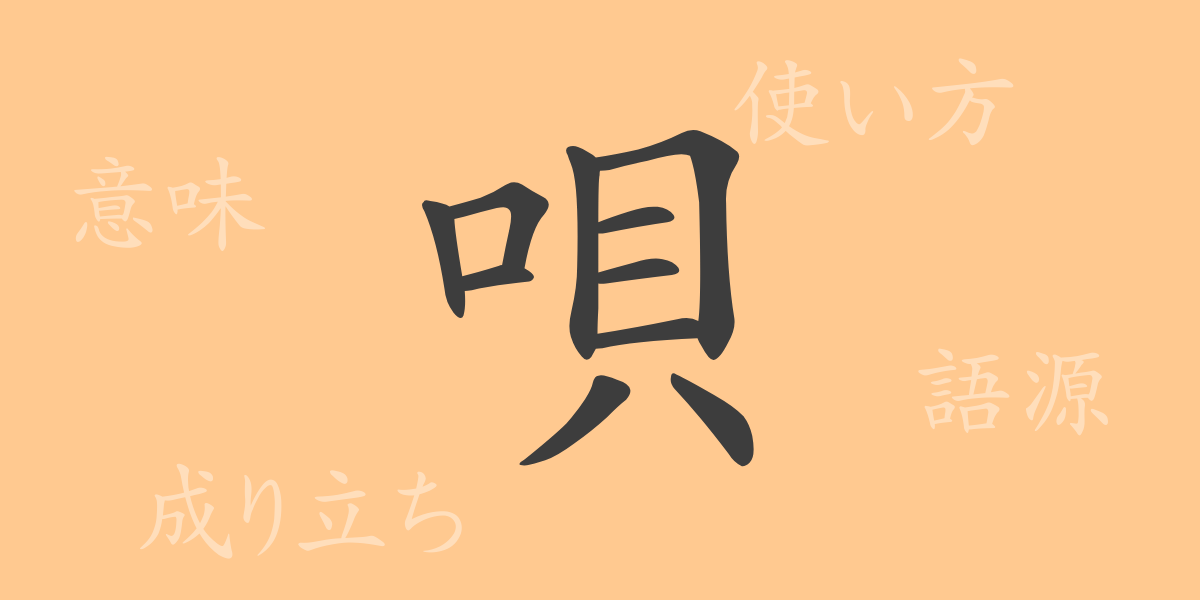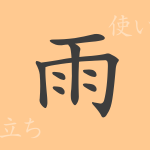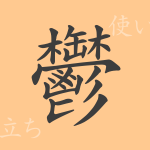“
Japanese culture has nurtured its own unique writing system since ancient times. Among the characters, the kanji “”唄”” ( uta) holds a special place as a reflection of the Japanese people’s sentiments. In this article, we will delve deep into the origin, meaning, and usage of “”唄””, as well as the compound words and idioms that are deeply rooted in Japanese life.
The Origin of 唄 (uta)
The kanji “”唄”” is a unique Japanese expression and does not exist in Chinese characters. This character is formed by adding the radical “”寸”” to the character “”歌”” ( uta), representing the act of singing while keeping rhythm with one’s hands. It is believed to have been established during the Heian period, reflecting the Japanese singing culture that emphasized gestures and hand movements when reciting songs.
The Meaning and Usage of 唄 (uta)
“”唄”” is generally read as “”Uta”” and is used to mean songs or poems. However, it not only encompasses musical elements but also serves as a means of conveying people’s emotions and stories. Additionally, “”唄”” can also refer to light-hearted songs or folk songs that people casually hum.
Reading, Stroke Count, and Radical of 唄 (uta)
The kanji “”唄”” has a unique charm that can be felt from its shape and sound.
- Reading: On’yomi (none), Kun’yomi ( uta)
- Stroke Count: 10 strokes
- Radical: 口部 ( kuchiben)
Compound Words, Idioms, and Proverbs Using 唄 (uta) and Their Meanings
In the Japanese language, there are many compound words, idioms, and proverbs that include “”唄””. For example, “”心に唄う”” (kokoro- ni- utau) expresses a state of feeling joy in one’s heart, while “”口ずさむように唄う”” (kuchizusamu- you ni -utau) describes the act of singing a song absentmindedly. Additionally, “”唄に詠む”” (uta- ni- utau) means to express scenery or emotions through poetry or song.
Conclusion on 唄 (uta)
“”唄”” is an indispensable kanji for expressing the sensibilities and emotions of the Japanese people. By understanding its etymology, meaning, and usage, one can gain a deeper connection to Japanese culture and the hearts of its people. While expressing emotions through song is a universal cultural practice, “”唄”” carries a uniquely Japanese nuance.
“

























